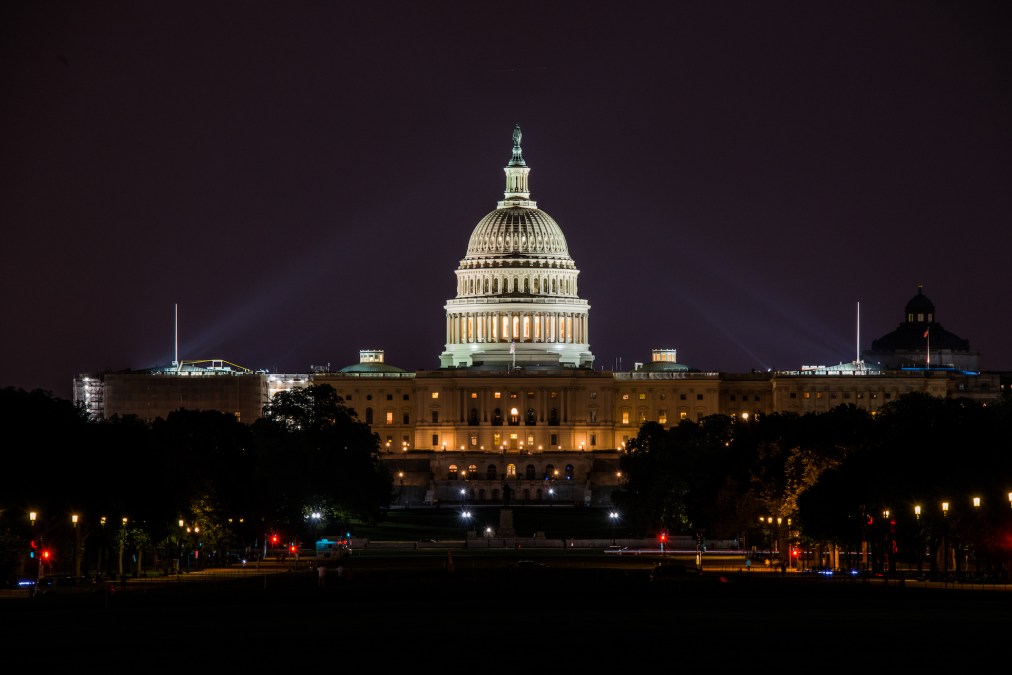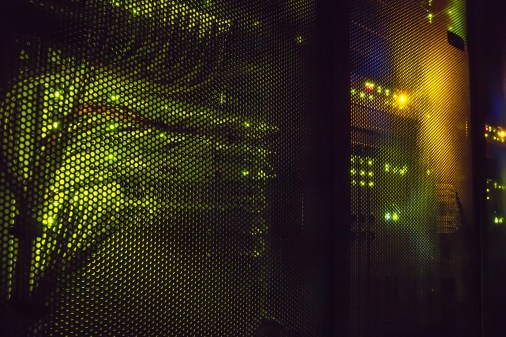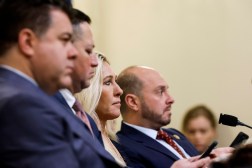House of Representatives to boost info-sharing program with Five Eyes allies

The U.S. House of Representatives is looking to ramp up a cyberthreat information-sharing program with the parliaments of allies Australia, Canada, New Zealand, and Britain, according to House CISO Randy Vickers.
The information traded could be unclassified threat intelligence used to bolster the legislative bodies’ security. Vickers said there were already strong information-sharing relationships with the allied parliaments, the goal was simply to leverage them more.
“We’re looking at ways to better share information on a more routine basis,” Vickers told CyberScoop Thursday. “It really is just about ensuring that we all have a common knowledge across our environments.”
In practice, the program could be as simple as notifying the group of a new cybersecurity advisory from the Department of Homeland Security, Vickers said on the sidelines of the Cyberthreat Intelligence Forum presented by FireEye and produced by CyberScoop and FedScoop. The U.S. and the four other countries comprise the Five Eyes intelligence alliance.
Other countries “may subscribe to one threat intel platform, and we subscribe to another,” he added. “And where we can share that information, that’s helpful.”
National legislative bodies are logical targets for cyber-espionage. A Russia-linked hacking group attacked the German parliament in 2015, reportedly stealing a trove of data.
Rep. Michael McCaul, R-Texas, has said that Russian hackers targeted U.S. lawmakers on social media ahead of the 2018 midterm elections.
Vickers would not comment on the advanced threats the House might be facing, but the aim of the expanded information-sharing program would be to help thwart such activity. “We’re not really seeing anything more severe [in terms of threats] than a lot of other large government agencies,” Vickers said.






